Welcome to the digital realm, where visibility is key, and a well-optimized online presence can make all the difference. In the vast world of the internet, standing out amidst the competition requires a strategic approach, and that’s where Search Engine Optimization (SEO) comes into play. If you’ve ever found yourself wondering, “How do I get started with SEO?” you’re in the right place. This article will guide you through the essential steps to embark on your SEO journey, unraveling the mysteries of algorithms and keywords to enhance your website’s visibility and reach.
The significance of SEO cannot be overstated in today’s online landscape. Whether you’re a business owner, a blogger, or an aspiring digital marketer, understanding the basics of SEO is crucial for reaching your target audience effectively. Let’s dive into the fundamentals and demystify the world of SEO, paving the way for your success in the digital realm.
What is the Basics of SEO
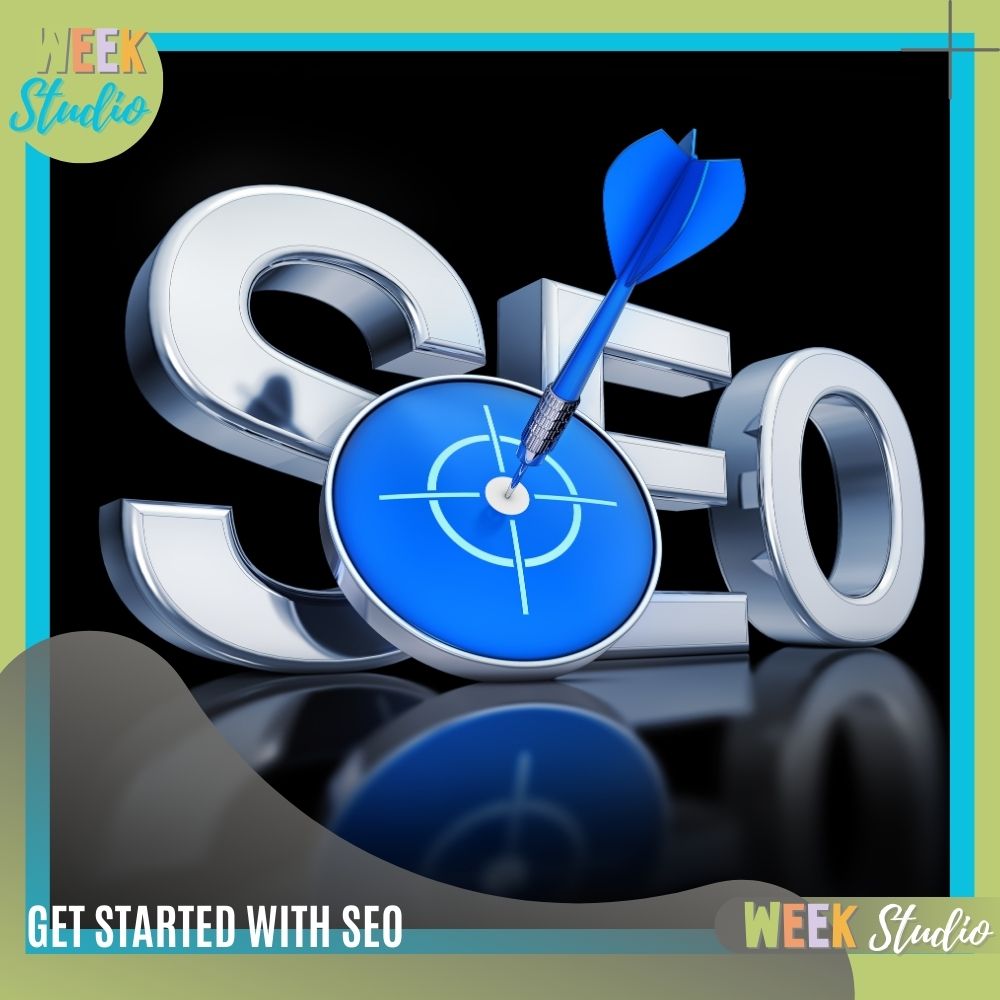
Definition of SEO
At its core, SEO, is the practice of enhancing a website’s visibility on search engines like Google, Bing, or Yahoo. The goal is to improve the quantity and quality of traffic to a website through organic search results. When users search for information, products, or services, search engines aim to deliver the most relevant and useful results, and SEO is the toolset that helps websites meet these criteria.
Key Components of SEO
- On-Page SEO: is the practice of optimizing a website’s content, structure, and associated coding to improve a site’s visibility in search engine results pages (SERPs). By improving these elements, site owners can help their sites rank higher in SERPs for certain keywords and phrases, which can result in more website traffic and, ultimately, more revenue.
- Off-Page SEO: Off-page SEO, on the other hand, focuses on activities outside your website to impact your rankings. Building high-quality backlinks, social media marketing, and influencer outreach are integral parts of off-page SEO. Search engines view external links as a vote of confidence, indicating that your content is valuable and authoritative.
- Technical SEO: It ensures that search engines can crawl and index your site efficiently. Technical SEO elements include site speed optimization, mobile responsiveness, XML sitemaps, and proper use of robots.txt files. Ensuring a technically sound website is the foundation for a successful SEO strategy.
Understanding these fundamental components sets the stage for effective SEO implementation. In the next sections, we’ll delve deeper into each aspect, providing you with actionable insights to kickstart your SEO journey. So, buckle up as we navigate the exciting world of on-page optimization, keyword research, and much more. Ready to make your mark in the digital universe? Let’s get started!
How Can I Start SEO As A Beginner?
In the vast expanse of the digital landscape, imagine yourself standing on the brink of a thrilling adventure—the journey into the realm of Search Engine Optimization (SEO). As a beginner, this is your tale of uncovering the secrets that govern online visibility, an odyssey filled with unexplored terrain, mysterious algorithms, and the promise of conquering the digital realm.
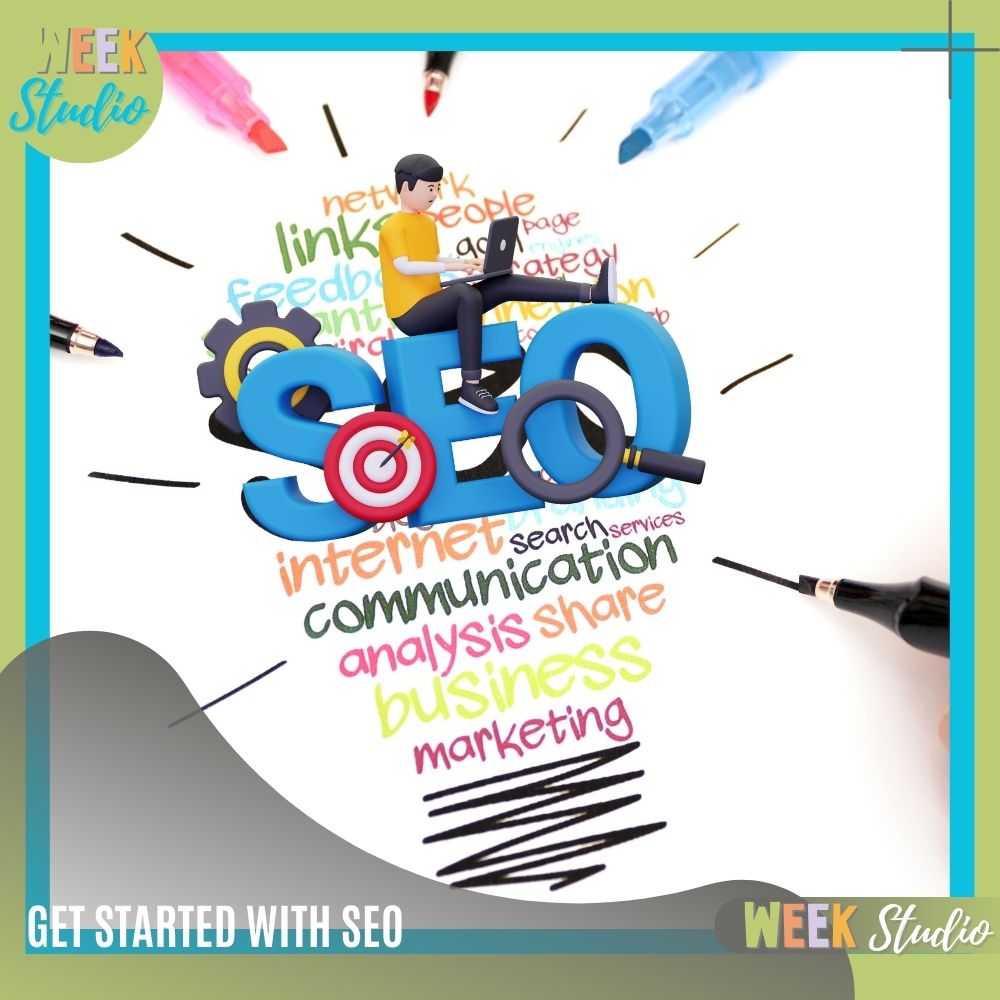
Our story begins with you, the protagonist, a novice in the captivating world of SEO, eager to unravel its secrets. The first chapter sees you immersing yourself in the basics, understanding the language of keywords, backlinks, and on-page optimization. It’s like preparing for a grand quest, learning the foundational elements that will shape your journey. Setting out on this quest, you define your objectives, giving your journey purpose and direction. Using the SMART framework—goals that are Specific, Measurable, Achievable, Relevant, and Time-bound—you create a roadmap, a compass guiding every decision and action that follows.
The journey then leads you to the quest for keywords, those magical words that open the gates to search engine recognition. Armed with tools like Google Keyword Planner, SEMrush, and Ahrefs, you unveil a treasure trove of words, balancing search volume and competition to uncover the key to unlocking visibility. With keywords in hand, the adventure takes a creative turn. Titles become the opening lines of a captivating chapter, meta descriptions weave intrigue, and header tags structure the narrative. The website’s URL transforms into a well-marked path, enticing both users and search engines alike.
At the heart of this adventure lies a powerful weapon—content. Quality content, a knight in shining armor, takes center stage. You learn to wield this weapon with finesse, seamlessly integrating keywords, ensuring readability, and providing immense value to your audience. No hero ventures alone. Backlinking, the art of forming alliances, becomes a crucial chapter. You forge partnerships through guest blogging, engage with influencers, and contribute to online communities—earning valuable backlinks that enhance your online credibility.
The journey becomes technical, as you navigate the backend realms of SEO. Mobile-friendliness ensures adaptability, site speed becomes the steed that propels you forward, and technical nuances like XML sitemaps and robots.txt files become the codes you must crack. And so, your SEO journey unfolds—a captivating tale of exploration, learning, and growth. Every step brings you closer to mastering the art of SEO, and as the story continues, you find yourself gaining the skills and knowledge needed to thrive in the ever-evolving digital landscape.
Can I Do SEO On My Own?
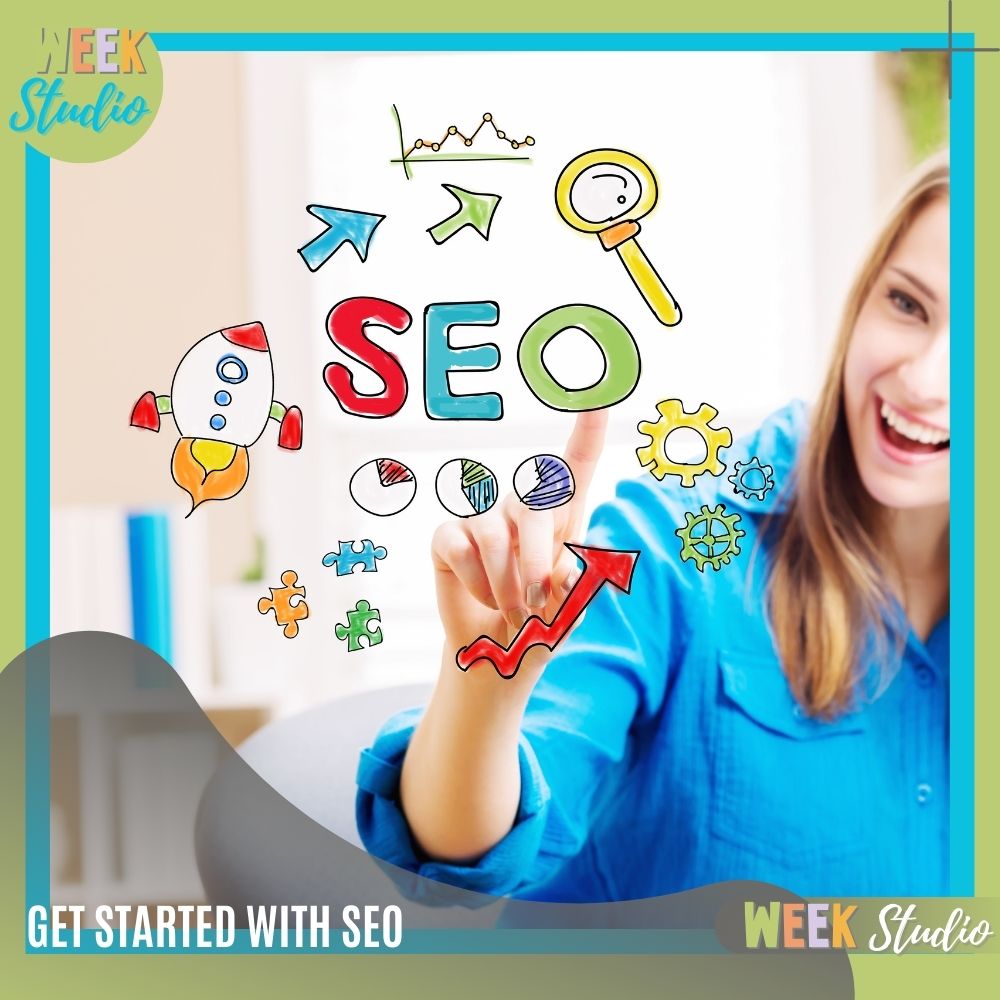
In the enchanting saga of your SEO journey, a pivotal chapter emerges—one that poses a common question among aspiring digital adventurers: Let’s unravel this part of the narrative and discover the possibilities that lie ahead.
As our protagonist, you stand at the crossroads, contemplating the feasibility of navigating the SEO landscape independently. The answer, fortunately, is a resounding yes. The digital realm, with its vast resources and tools, allows individuals to chart their own course in the world of SEO.
The Solo Expedition
Embarking on this solo expedition requires a blend of determination, curiosity, and a willingness to learn. Countless online resources, courses, and communities exist to guide you through the intricacies of SEO. It’s like setting sail on a ship with a crew of one—challenging, but entirely achievable.
Knowledge as Your Map
Equipping yourself with knowledge becomes your most valuable map in this journey. With a plethora of online guides, blogs, and tutorials, you gain insights into the latest SEO trends, algorithm updates, and best practices. Each piece of information becomes a stepping stone towards mastering the art of optimization.
In your solo quest, you wield a powerful arsenal of tools. Google Analytics and Google Search Console become your trusted companions, providing valuable data and insights. SEO plugins, keyword research tools, and analytics platforms serve as your digital companions, aiding you in making informed decisions.
As you traverse this SEO landscape on your own, be prepared for a learning adventure filled with trial and error. Testing different strategies, experimenting with content, and analyzing data become the milestones that mark your progress. Every setback becomes a lesson, propelling you forward towards mastery.
Building Your SEO Kingdom
The joy of conquering SEO on your own lies in the sense of accomplishment as you witness the fruits of your efforts. Seeing your website climb the ranks in search engine results, attracting organic traffic, and achieving your defined goals—these become the landmarks of your personal SEO kingdom.
So, to those pondering the question, “Can I do SEO on my own?” the answer is a resounding yes. With determination, a hunger for knowledge, and a dash of experimentation, you can navigate the intricacies of SEO, sculpting your own success story in the digital landscape. As our protagonist, the power to shape your destiny in SEO is firmly in your hands. Ready to embark on this solo adventure? The journey awaits.
How Do Beginners Learn SEO For Free?
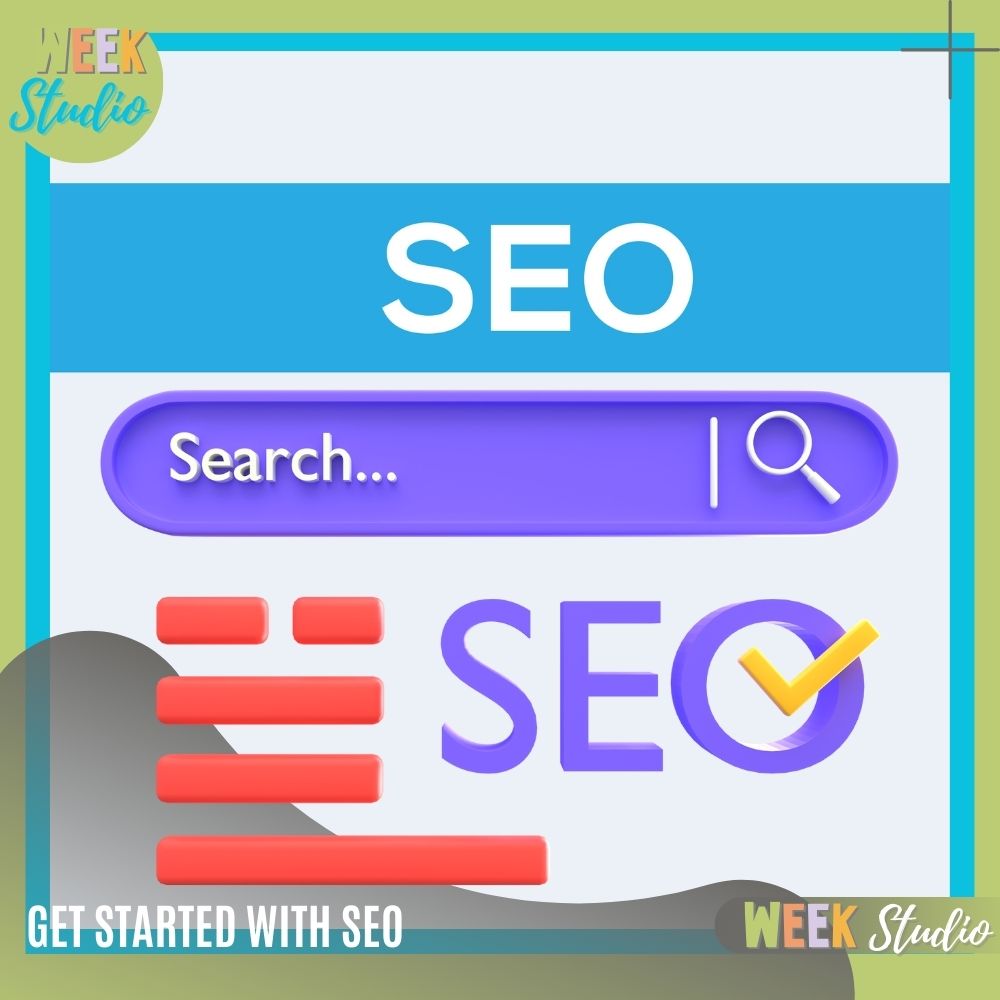
There are a few different ways that beginners can learn SEO for free. One way is to read blog posts and articles about SEO. This is a great way to learn the basics of SEO, but it is not enough to become an expert. Another way to learn SEO is to take a course or watch a video tutorial. There are a lot of great courses and tutorials available online, and many of them are free. Finally, beginners can also find a mentor or coach who can help them learn SEO. This is the best way to learn, but it can be expensive.
SEO can be a difficult process, but there are a number of ways to learn SEO for free. One of the best ways to learn SEO is to read articles and blogs about it. There are a number of websites that offer free information about SEO. These websites include SEOMoz,
Search Engine Watch, and Search Engine Land. These websites offer a variety of articles and blog posts about SEO, which can help you learn about the process. Another way to learn SEO for free is to attend webinars. Webinars are online seminars that offer information about a variety of topics, including SEO. Webinars are often offered by SEO companies, and they can provide a wealth of information about the process.
Can I Learn SEO Without Coding?
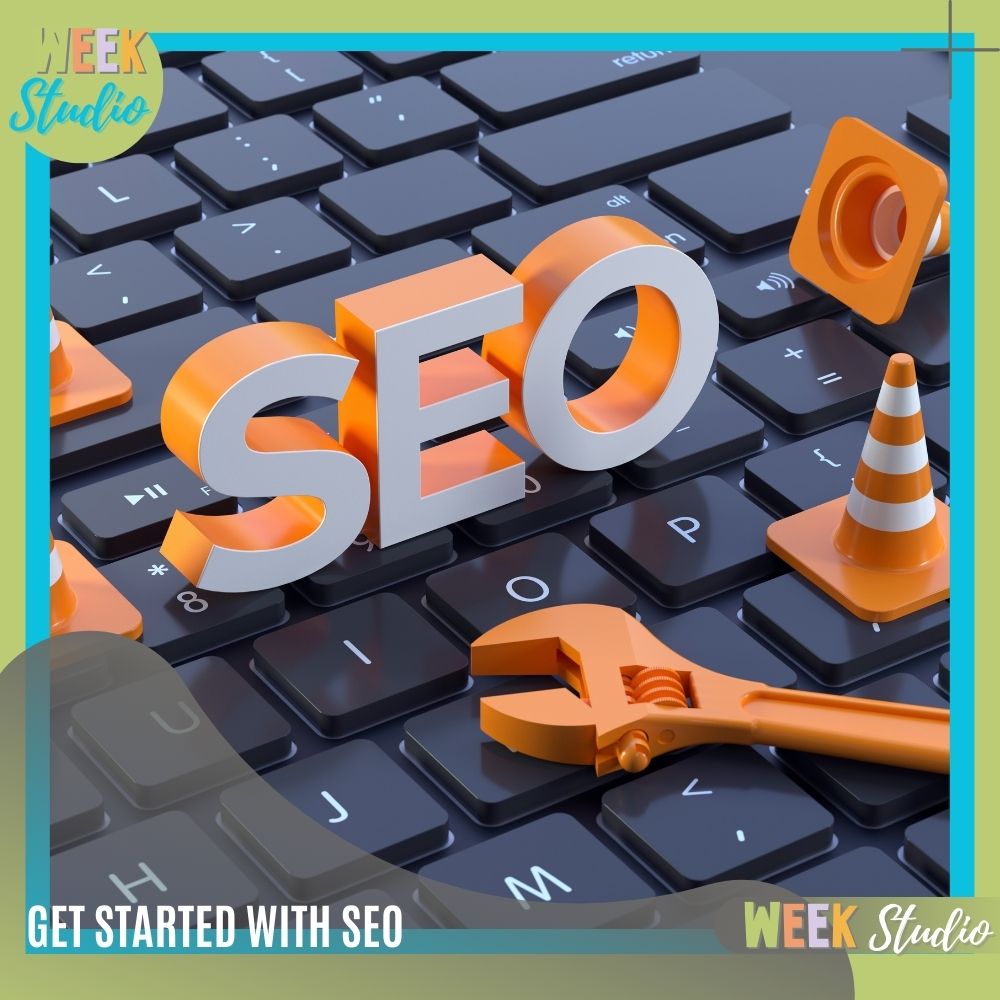
Yes, you can learn SEO without coding, but it will be more difficult. There are a variety of SEO tools and resources available online that can help you learn the basics of SEO without coding. However, if you want to be able to optimize your website to the fullest extent, it may be helpful to learn at least the basics of coding. This will allow you to make changes to your website’s code directly, which can improve your website’s SEO. Overall, it is possible to learn SEO without coding, but it will be more difficult. If you want to be able to optimize your website to the fullest extent, it may be helpful to learn at least the basics of coding.
Is SEO Free Or Paid?
lesson to me I’m expert and my answer to your question is a little bit hard. SEO, or search engine optimization, is the process of improving the ranking of a website on search engines. There are a number of factors that contribute to a website’s ranking, and SEO is one of them. However, there is no one-size-fits-all answer to the question of whether SEO is free or paid.
Some people believe that SEO is free, because it can be done without paying for any services. However, this is not always the case. In order to achieve good results, some level of investment is often required. On the other hand, some people believe that SEO is paid, because it requires the purchase of services or tools in order to be effective. While this is sometimes the case, it is not always necessary to spend money in order to improve a website’s ranking.
Can I Do SEO Without Paying?
There’s a lot of talk about SEO (Search Engine Optimization) and whether or not it requires a financial investment. The answer is yes and no. The higher the site appears in search engine results pages (SERPs), the more likely users are to visit it. SEO is free in the sense that you don’t have to pay for the services of an SEO consultant or agency. However, you may need to invest in website design and development, keyword research, and other marketing initiatives to improve your site’s SEO.
There are a number of effective SEO techniques that don’t require a financial investment. These include optimizing your website’s title tags and meta descriptions, improving your website’s loading speed, and publishing high-quality content. However, some effective SEO techniques do require a financial investment. These include link building and paid search marketing. If you’re looking to improve your website’s SEO, it’s important to invest in both free and paid SEO techniques.
How Can I Get SEO With No Experience?
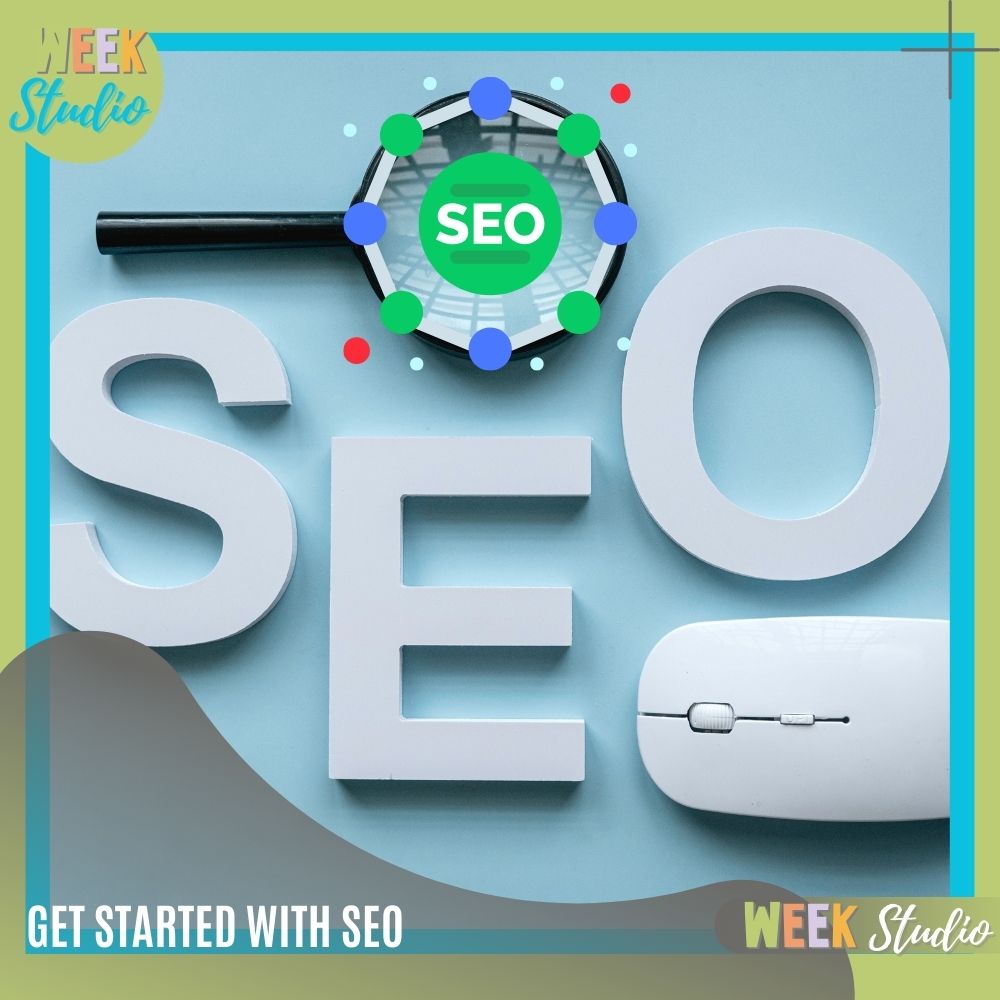
If you’re looking to get SEO without any experience, there are a few things you can do. First, you can start by reading about SEO and learning as much as you can about the topic. There are a lot of great resources available online, and you can also attend SEO-related conferences and workshops to learn more.
You can also get involved in online communities and forums where people discuss SEO, and you can ask questions and learn from others. Additionally, you can start blogging about SEO and share your own insights and tips with others.
Finally, you can also look for SEO services that can help you get started. There are a lot of great SEO agencies and professionals out there who can help you get up to speed with SEO and start seeing results.
Is SEO Better Than Google Ads?
There is no easy answer when it comes to SEO and Google Ads. Both have their pros and cons, and it ultimately depends on your specific business and marketing goals. SEO is a longer-term investment that can result in organic traffic and leads from people who are already interested in what you offer. However, SEO can be difficult and time-consuming to do well, and it may not be the right option for every business.
The goal of SEO is to improve a website’s visibility and organic search results in order to attract more visitors from the online space. When done correctly, SEO can help to improve website traffic, leads, and even revenue. However, SEO is not a quick fix and it often takes time and effort to see results. The main components of SEO are on-page optimization, link building, and technical optimization.
On-page optimization refers to the changes that are made to the website itself in order to improve its visibility and ranking in search engine results pages (SERPs). This includes optimizing the website’s title tags, meta descriptions, header tags, images, and other elements that affect how the site appears in search results.
That’s a difficult question to answer without knowing more about your business. Google Ads can be more immediate and can reach a larger audience, but you’ll need to be prepared to invest in a good advertising strategy and track your results closely. With Facebook Ads, you can target a specific audience more easily, but the ads may not be as visible to as many people.
Both platforms have their pros and cons, so it’s important to weigh up the options and decide which one will work best for your business. The best answer for which is better for your business is: it depends. Talk to an experienced digital marketing agency to get help determining which option is best for you.
How Can I Practice SEO At Home?
Search engine optimization SEO can be a complex and time-consuming process, but there are ways to practice it at home. One way to practice SEO is to optimize your website for keywords. To find the right keywords for your website, you can use a tool like Google AdWords Keyword Planner. Once you have found some keywords, you can begin to optimize your website for them. One way to do this is to include them in your website’s title, meta description, and header tags. You can also use them in your blog posts and articles.
Another way to practice SEO is to build links to your website. Links are important for SEO because they help your website rank higher in search engine results pages. You can build links by publishing guest posts on other websites, participating in link exchanges, and submitting your website to directories. Finally, you can practice SEO by tracking your website’s analytics. Analytics are important because they tell you how well your website is performing. You can track your website’s analytics by using a tool like Google Analytics. This tool will help you track your website’s traffic, pageviews, and bounce rate.
Can SEO Make Money?
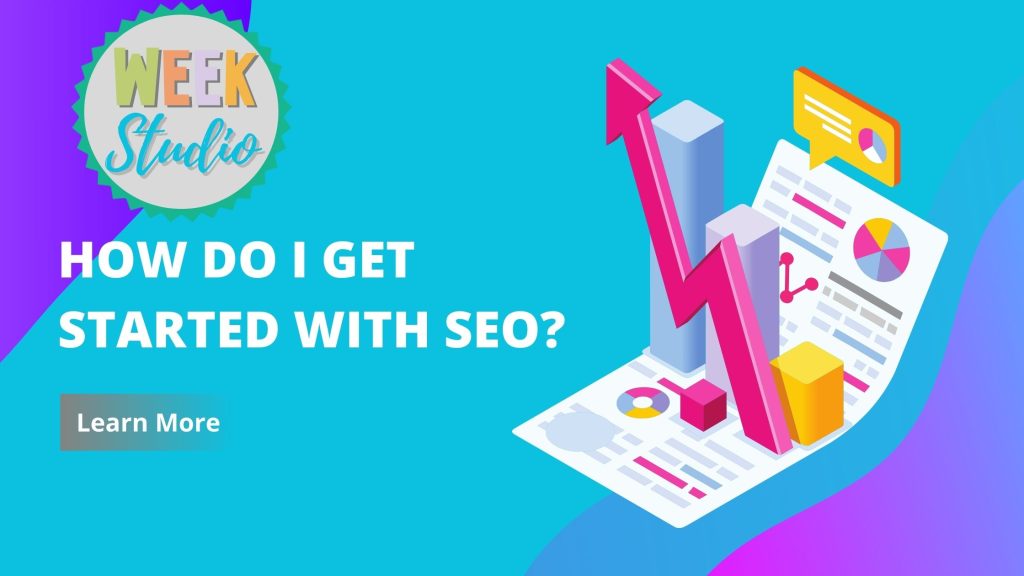
The answer to this question is a resounding “yes!” SEO can make money for your business, but it’s not as simple as throwing a few keywords into your website and calling it a day. Good SEO takes time, effort, and a lot of strategizing to achieve the desired results. But what are the desired results? Well, that depends on your business. Generally speaking, though, SEO can help you achieve three main goals: increased website traffic, higher website conversion rates, and increased brand awareness.
Increased website traffic is the most obvious benefit of SEO. If you have a great website with great content but no one knows about it, then you’re not going to get very far. SEO can help you get your website in front of more people, which can lead to more leads and sales. Higher website conversion rates are another benefit of SEO. If people are finding your website through organic search results, they’re already interested in what you have to offer. This means they’re more likely to convert into a customer, rather than someone who found your website through a paid advertisement.
SEO can also help you build a better brand. When people see your website at the top of the search engine results pages, they’ll associate your brand with being the best in your industry. This can help you attract more customers and create a more loyal following. Finally, SEO is an effective way to save money on marketing. Instead of spending money on paid advertisements, you can invest in SEO and see a better return on your investment.
Is SEO Good Money?
There is no simple answer to this question as the answer depends on a number of factors, including how much you know about SEO, how much work you are willing to put in, and how competitive the market is.
Generally speaking, however, SEO is a good money-making opportunity. The reason for this is that, as more and more businesses are realizing the importance of SEO, the demand for SEO services continues to grow. This means that there is a lot of potential for making money in the SEO industry.
However, it is important to note that SEO is not a quick or easy way to make money. It takes a lot of hard work and dedication to succeed in the SEO industry. But if you are willing to put in the time and effort, SEO can be a very profitable venture.
Conclusion
As our SEO journey draws to a close, you, the intrepid adventurer, have traversed the landscape of Search Engine Optimization. From understanding the basics and setting goals to venturing into the realms of keywords, content creation, and backlinking, you’ve equipped yourself with the tools needed to thrive in the digital realm.
Remember, SEO is a dynamic and ever-evolving landscape. Your journey doesn’t conclude here; rather, it transforms into a continuous quest for knowledge and adaptation. Stay abreast of industry trends, embrace change, and let your SEO narrative unfold as a story of growth and success.
In this digital saga, you are both the author and protagonist. The pages of your SEO story are yet to be written, filled with challenges, victories, and a constant pursuit of improvement. The realm of SEO is vast, but armed with the knowledge and skills acquired on this journey, you’re well-prepared to navigate its complexities.
May your website rise in the ranks, may your content captivate audiences, and may your SEO adventure be a tale of triumph in the digital kingdom.
FAQs: Unraveling the Mysteries of SEO
- Q: How long does it take to see results with SEO?
- A: SEO is a gradual process, and It often takes several months to see significant results. Consistency and patience are key.
- Q: Do I need technical skills for SEO?
- A: While technical skills can be beneficial, many aspects of SEO can be learned by beginners. Tools and resources are available to aid in the technical aspects.
- Q: How often should I update my content for SEO?
- A: Regularly updating content is good for SEO. Aim for fresh, relevant content, and consider updating existing pages to keep them current and engaging.
- Q: Can I do SEO for a local business?
- A: Absolutely! Optimize your Google My Business profile and focus on local keywords.
- Q: Is social media important for SEO?
- A: While social media doesn’t directly impact SEO rankings, it can indirectly contribute by driving traffic and building brand awareness.
These FAQs provide insights into common queries about SEO, but the journey doesn’t end here. Keep exploring, learning, and adapting to the ever-changing dynamics of the digital realm. Your SEO story is a narrative in progress, waiting for the next chapter to unfold. Happy optimizing!
